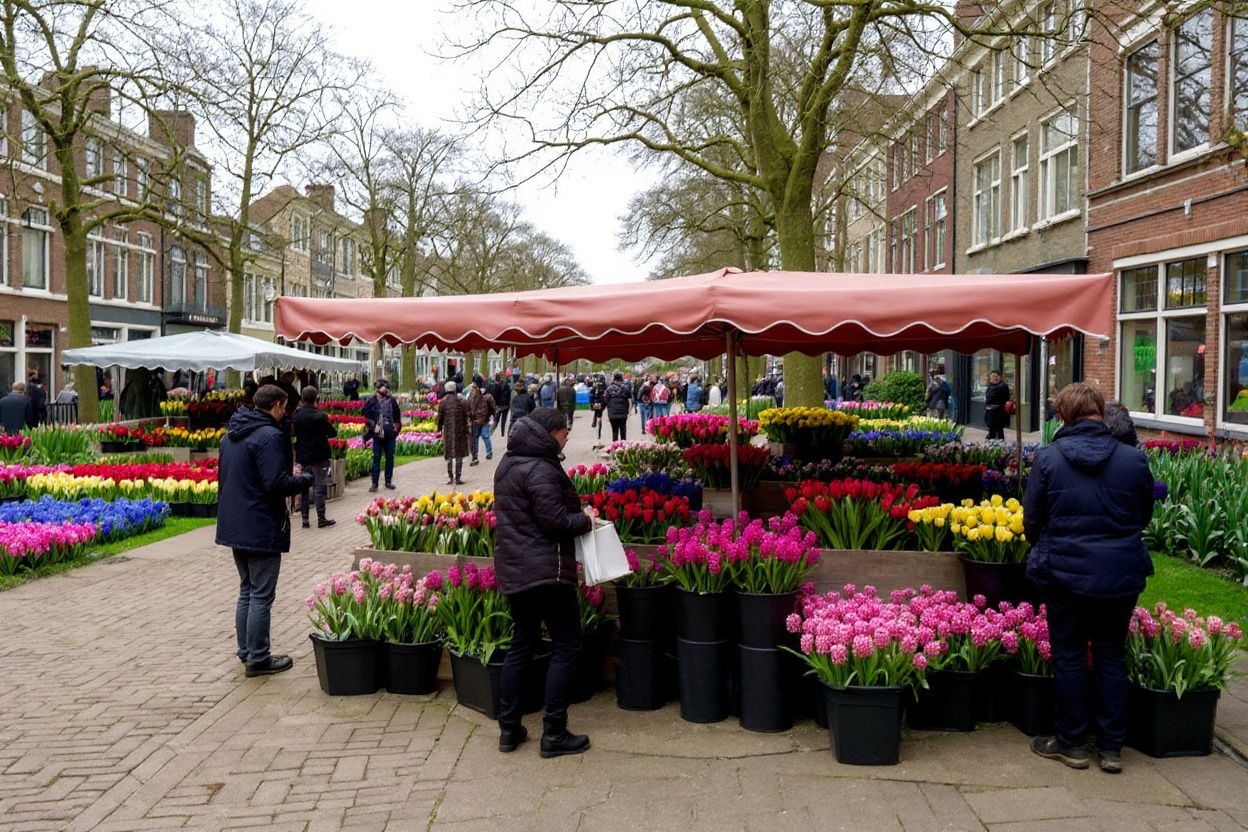
This is a bit of a controversial take, but if you’re thinking of studying abroad, perhaps it’s a good idea to avoid studying in the most educated countries in the world.
There are definitely advantages to being a part of the community in these countries. After all, there’s a reason for their academic excellence. But perhaps it’s time we say it – there are downsides to this decision.
Cost
Top universities in educated countries often have high tuition fees. The US, for example, boasts many high-ranking universities, but it’s one of the most expensive countries in the world for international students. Even with scholarships and financial aid, it can still be rather steep.
Tuition fees alone can be anywhere between US$10,000 to US$55,000 a year. Postgraduate-level studies are typically more costly as well. The average cost comes to about US$60,000 a year.
Accommodation availability
Not every university will offer boarding. Even if they do, chances are that you have to compete with others to apply for it, or on-campus boarding is costly too. Some campus dorms cost up to US$10,000 per academic year, and it’s likely you’ll have to share the room with others.
Many students look to renting and living off campus, in hopes of having a bit more privacy and space.
Unfortunately, popular international student countries like Australia are experiencing a housing crisis. A report states that rent for small studio apartments has surpassed $500 Australian dollars a week in cities like Sydney, Melbourne, and Brisbane – all popular cities for international students.
Competition and academic pressure
As an international student, it can be difficult to get accepted into a top-ranked institution. Excellent grades might not be enough to be considered as a candidate – universities might look at your extracurricular activities, essay applications and/or even require recommendations.
Beating the odds and getting into a highly competitive university is just the beginning too.
The workload can be intense, and you’ll be in a demanding academic environment, pressured to succeed alongside your peers. If you intend to stay on and work in the country after graduation, you’ll be competing alongside several other bright graduates looking for a place in the corporate world.
Cultural and language barriers
Adapting to a new culture can be challenging, and this challenge extends to learning – how people teach and study can be very different in the most educated countries in the world.
A study shows that it’s common for top-performing schools to practice individualism, where a student’s personal achievement and independence are valued more.
Language is another barrier that can be difficult for international students to overcome. Despite being a global language, not all universities offer programmes in English, and not all international students are fluent either.
This doesn’t diminish their intelligence, though.
Modern Family is a great example – Gloria (played by the lovely Sofia Vergara) grows frustrated with language barriers, delivering this great line: “Do you know how frustrating it is to have to translate everything in my head before I say it? Do you even know how smart I am in Spanish?”
Many international students keen on studying in the most educated countries in the world may resonate with Gloria’s sentiments. While they may not be fluent in the local language, it doesn’t mean they’re any less educated.

The most educated countries in the world are able to foster innovation, economic growth, and social progress.
What the most educated countries in the world do offer
That’s not to say that the most educated countries in the world aren’t great places to study abroad. In fact, they are the ones that invest in higher education much more than other countries.
They have well-funded education systems, world-class universities, and a strong emphasis on research and critical thinking. Highly educated populations are able to contribute significantly in their respective industries, equipped with the right knowledge and skills to thrive in this technologically advanced era of the 21st century.
The result? The more educated a country is, the better its quality of life. According to the US Bureau of Labour Statistics, workers holding bachelor’s degrees make around 68% more than those with only a high school diploma. This leads to more innovation, tax revenue, and lower unemployment rates.
10 most educated countries in the world
According to the Organisation for Economic Co-operation and Development (OECD), these are the most educated countries in the world. This ranking is measured based on each country’s residents aged 25-64 who have completed some form of tertiary education.
South Korea
Tertiary total: 70%
To South Koreans, having a good education is a crucial pathway to climb the social ladder and achieve success in life. The South Korean government dedicates a significant portion of its national budget to education, funding public schools, teacher training, and educational resources.
Students go through a rigorous education system which includes standardised tests from a young age. They would start their day in high-quality public schools, then attend private, after-school academies called hagwons to supplement their education. On major exam days, working hours are actually pushed back to help students avoid being late for their papers.
Canada
Tertiary total: 67%
All Canadian citizens and permanent residents have access to free education, and even international students have a chance to throw their hat in the ring.
The country is recognised for its quality education at all levels. All public schools are publicly funded and employ only government-certified teachers. High school graduation diplomas are internationally recognised, and the higher education system was ranked 7th in the world (Universitas, 2020).
To top it all off, Canada recently dedicated 6% of their gross domestic product to education. 39% was dedicated to primary and lower secondary education, 22% to upper secondary education, 10% to short-cycle tertiary programmes and 30% to bachelor’s, master’s and doctoral or equivalent programmes.
 Japan is one of the prettiest and most educated countries to study in. .
Japan is one of the prettiest and most educated countries to study in. .
Japan
Tertiary total: 66%
Japan has an incredible literacy rate of over 99%. This puts it among the top-performing OECD countries in reading literacy, mathematics and sciences, with credit to the rigorous academic curriculum emphasising those core subjects.
Learning also extends beyond the books – students collaborate often for extracurricular activities and even team up to clean classrooms as part of their daily routine at school. This is to foster respect for learning and develop a strong work ethic among students from a young age.
While it’s not mandatory for Japanese students to pursue higher education after high school, nearly all of them still do, a testament to the country’s strive for quality education.
Ireland
Tertiary total: 63%
Ireland has a problem, albeit perhaps a happier one than most – the country is famous for having a population so educated that people are over-qualified for their roles. 28.6% of Irish people work in occupations that do not require a third-level degree despite having one.
The standard of education is among the world’s best, with seven top-level universities and a focus on research and global collaboration. As a result, Irish universities are in the top 1% of research institutions in the world.
Luxembourg
Tertiary total: 60%
Education is compulsory for children aged four to 16 in Luxembourg, made easy with the country’s free public schooling. The country is dedicated to investing in its youth and education, providing people –including those from immigrant families – with every opportunity to integrate into society.
This Reddit thread emphasises the excellence of public schools in Luxembourg, with one user describing that an average student will graduate knowing over three languages. Equipped with Luxembourgish, English, French, and German, students have a strong foundation for higher education and international careers.
Higher education in Luxembourg is also top-notch, with many universities partnering with research institutions. The University of Luxembourg is renowned for its excellence in fundamental and applied research, fostering innovation and societal progress.
 Since its education system was reformed, Lithuania has become one of the most educated countries in the world. .
Since its education system was reformed, Lithuania has become one of the most educated countries in the world. .
Lithuania
Tertiary total: 58%
Following its independence from the Soviet era, Lithuania’s government has invested heavily in creative education and focused on improving curriculum, teacher training, and accessibility.
The country’s higher education institutes conform with the Bologna Process of the European Higher Education Area, which indicates their dedication to high academic quality.
They have a long-standing tradition of higher education and offer a warm environment for foreigners. International students will find that many Lithuanian universities offer more than 500 study programmes taught in English.
United Kingdom
Tertiary total: 57%
The UK has a long and respected history of education; British higher education alone is valued around the world for its quality and rigorous academic standards.
Students start their schooling journey as early as four years old, earlier than in countries like the US. During secondary education students get to specialise in three or four subjects that are relevant to the degree they intend to take later on.
The curriculum has been adopted by many other countries, fondly known as the highly regarded and globally recognised “British curriculum”. It’s offered at 30% of international schools worldwide and is the most popular curriculum offered in Asian international schools.
Norway
Tertiary total: 56%
Education in Norway is mostly free, founded on the principle of equity and adapted education for all.
Previously, the country was famous as one of the few places that offered free education for international students as well. Since 2023, however, the Norwegian Parliament has introduced tuition fees for international students outside the European Economic Area and Switzerland.
Compulsory education starts at the age of six and is mandatory until a student turns 16. A holistic education is key – in their early years, students spend most of their time playing educational games and learning social structures.
 Aside from being one of the most educated countries in the world, the Netherlands is also known as “the flower shop of the world.” .
Aside from being one of the most educated countries in the world, the Netherlands is also known as “the flower shop of the world.” .
The Netherlands
Tertiary total: 56%
Education in the Netherlands is of a high standard in public and private schools. More than 80% of adults have completed secondary school, and about one-third have a university degree, higher than the international average.
Why? In the Netherlands, it’s common for students to move on to a master’s after their degree, especially in the field of liberal arts. Students spend more time at university than students from other countries.
As a result, employers in the country tend to focus on postgraduate qualifications rather than bachelor’s. Salaries generously reflect this – those with a postgraduate degree earn an average salary of US$50,500 a year, while those with a lower education level earn an average of US$30,800.
Australia
Tertiary total: 55%
Australian universities constantly rank among the best in the world. In the QS World University Rankings 2023 alone, there are nine universities ranked under the top 100.
These universities offer a wide range of programmes, along with cutting-edge research facilities, resources and faculty members.
Research culture is heavily backed by the government – in 2021-22 alone, the Australian government committed $2 billion in research block grant funding to higher education providers to support research and research training.










